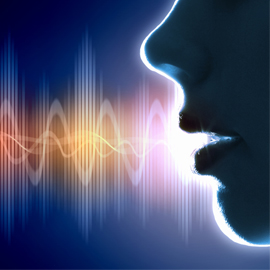
Radiofrequency ablation, also called RF ablation, is a noninvasive method of treating diseased tissue in the esophagus. This diseased tissue forms after a person has developed Barrett’s esophagus, a disorder that occurs when stomach acid causes inflammation and genetic changes to the cells lining the esophagus’ walls over time. Barrett’s esophagus is seen in about 12 percent of people who suffer from GERD, and someone with this disorder has an increased risk for developing esophageal cancer.
How RF Ablation Works
The patient is sedated, and once the doctor has located the area of Barrett’s tissue, the diseased tissue in the esophagus, a catheter with a balloon on the end is inserted into the esophagus and placed near the Barrett’s tissue. The device emits small pulses of energy through the catheter which lightly burn off and kill the diseased tissue.
RF ablation is an outpatient procedure, so you can leave after it has been performed. Your reflux doctor may prescribe you medicine afterward to reduce the symptoms of reflux, as the ablation procedure does not affect the symptoms. It only destroys the diseased tissues caused by the symptoms of reflux. Most patients will return for several additional RF ablation procedures until all of the damaged tissue is gone.
Is Radiofrequency ablation Effective in Treating Barrett’s Esophagus?
In short: yes. However, if a patient is unable or unwilling to return for follow-up visits, to finish the ablation process or check up on any recursion of Barrett’s esophagus, then the effectiveness is certainly lessened.
Barrett’s esophagus carries with it the increased risk of esophageal cancer, and the longer it goes untreated, the higher that risk becomes. While that risk can be as low as .5 percent, if the disorder progresses to high-grade dysplasia, then the risk of cancer over five years can get to as high as 60 percent. RF ablation is recommended mainly for people with high-grade dysplasia, but can also be performed on someone whose dysplasia is low-grade. It’s not recommended for someone whose Barret’s esophagus is without dysplasia of any kind.



